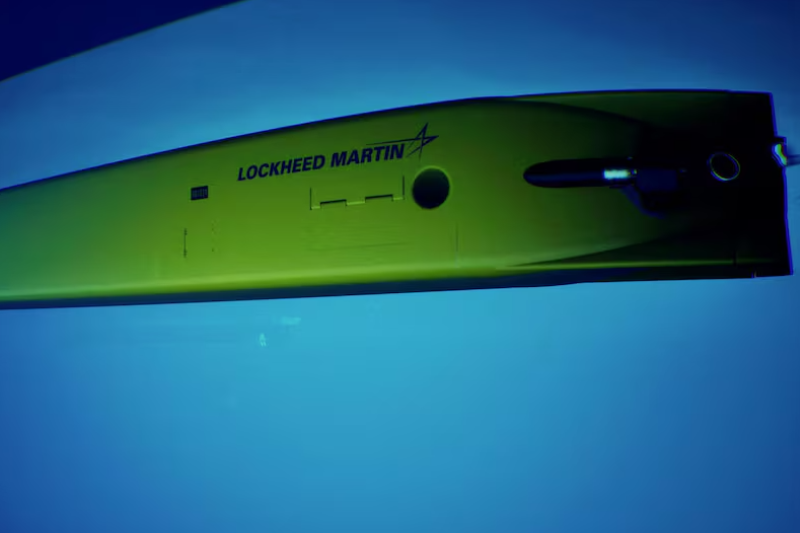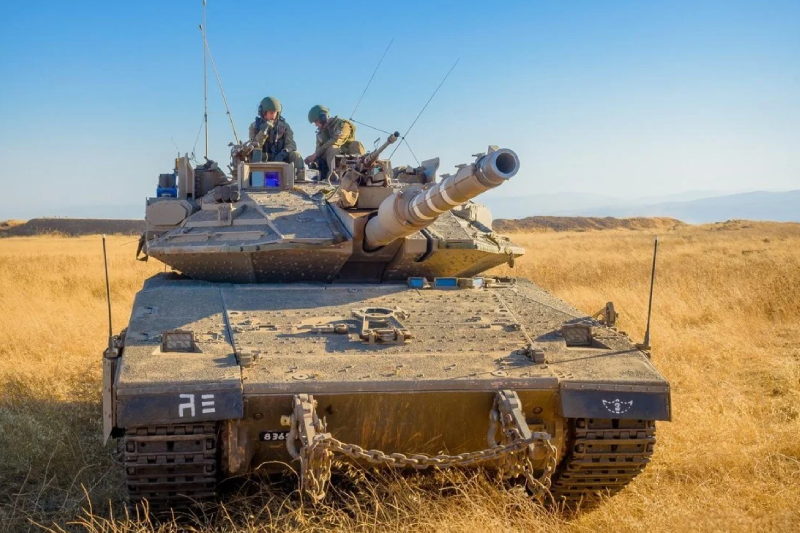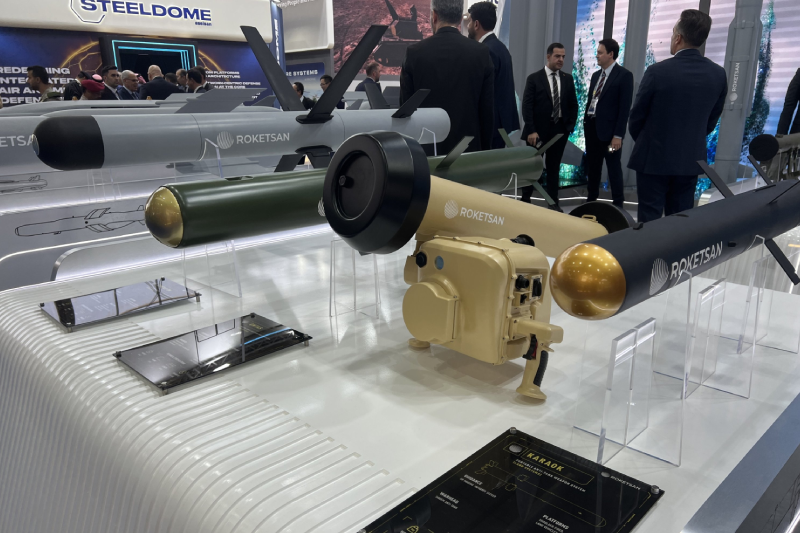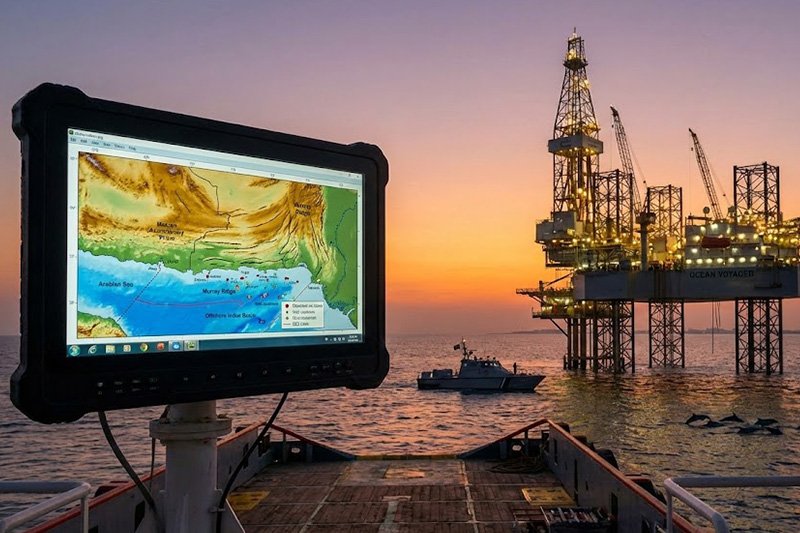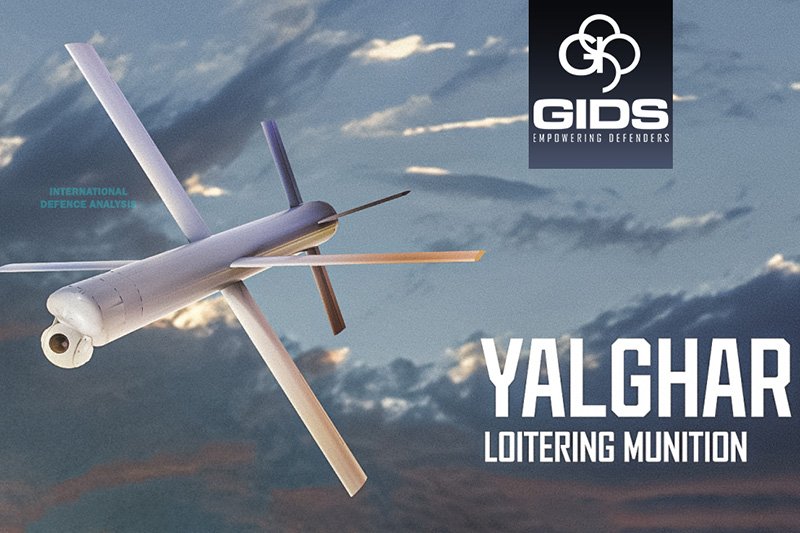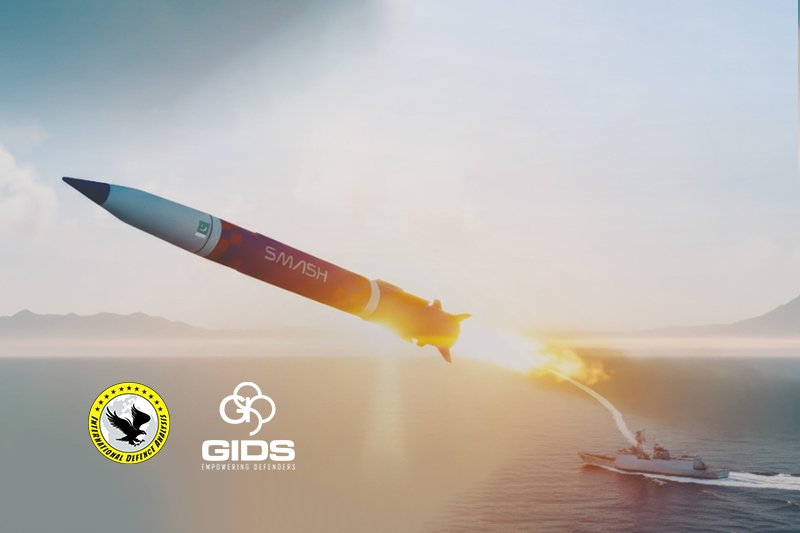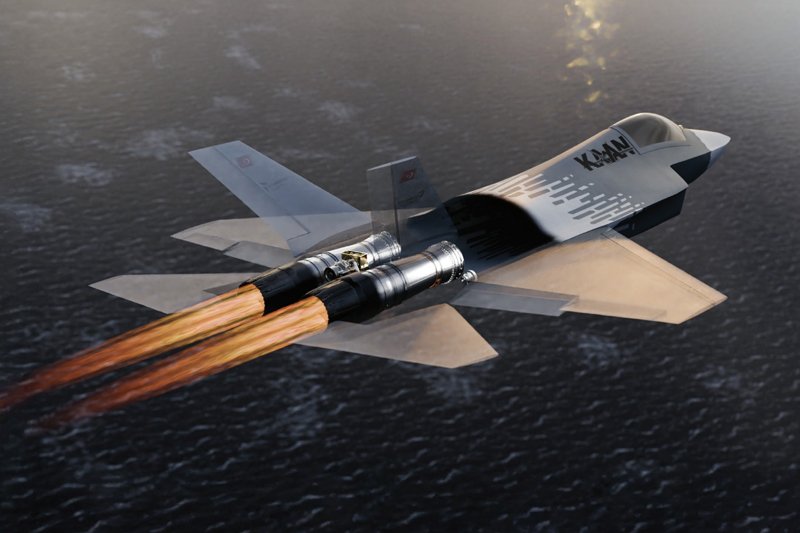US Approves $330M Arms Sale to Taiwan
The US approves $330M arms sale to Taiwan, marking a significant development in cross-strait tensions as the Biden administration’s policy continues under President Trump. The US approves $330M arms sale to Taiwan deal, announced Thursday, includes critical fighter jet and aircraft components, drawing immediate gratitude from Taipei while triggering sharp condemnation from Beijing.
Military Equipment Details
The Pentagon’s defense security cooperation agency confirmed the sale encompasses spare parts for F-16 fighter jets, C-130 transport aircraft, and other military aviation equipment. This transaction represents the first arms package authorized since Trump’s January inauguration, signaling continuity in Washington’s commitment to Taiwan’s defense capabilities despite changing administrations.
Taiwan’s Response and Defense Priorities
Taiwan’s presidential office welcomed the announcement enthusiastically, with spokesperson Karen Kuo emphasizing that regularized arms sales remain fundamental to regional security. The defense ministry clarified these components would enhance operational readiness across the island’s air force fleet, directly addressing challenges posed by increasing Chinese military activities in surrounding airspace and waters.
China’s Predictable But Forceful Objection
Beijing responded with characteristic fury to the arms transaction. Foreign ministry spokesperson Lin Jian reiterated that Taiwan constitutes “the core of China’s core interests” and represents an inviolable red line in bilateral relations. China maintains its claim over democratically governed Taiwan and refuses to renounce military options for achieving reunification.
Legal Framework Behind US-Taiwan Arms Sales
American law mandates providing Taiwan with defensive capabilities through the Taiwan Relations Act. While Washington officially recognizes Beijing diplomatically, it maintains robust unofficial ties with Taipei. This legal obligation ensures Taiwan receives necessary military equipment to deter potential aggression, regardless of which party controls the White House.
Gray-Zone Warfare and Taiwan’s Security Challenges
Taiwan’s defense ministry highlighted how these parts would strengthen responses to China’s persistent “gray-zone” operations. These activities include military flights near Taiwan’s air defense identification zone and naval exercises encircling the island aggressive posturing that stops short of actual combat but creates constant pressure on Taiwanese forces and society.
Trump’s Diplomatic Balancing Act
The timing carries particular significance following Trump’s recent meeting with Chinese President Xi Jinping in South Korea. Prior concerns in Taipei about potential compromises on Taiwan’s security interests appear unfounded, as this sale demonstrates continued American support. Trump has publicly stated Xi promised not to invade Taiwan during his presidency.
Indo-Pacific Strategic Implications
This $330 million package reinforces America’s strategic commitment to Indo-Pacific stability. Taiwan’s geographic position makes it crucial to regional security architecture, serving as a democratic bulwark and economic powerhouse. Maintaining Taiwan’s defensive capabilities prevents potential Chinese miscalculations about American resolve.
Also read this: ASELSAN Showcases Future-Oriented Defense Technologies
Implementation Timeline and Future Outlook
Taiwan’s defense ministry indicated the sale would “take effect” within approximately one month following standard congressional review procedures. The regularized nature of these transactions suggests more packages will follow, maintaining Taiwan’s technological edge despite China’s massive military modernization programs.
Broader Implications for US-China Relations
While arms sales to Taiwan consistently irritate Beijing, they represent established American policy spanning decades and multiple administrations. This continuity demonstrates that despite Trump’s transactional approach to foreign policy and ongoing trade negotiations with China, fundamental security commitments remain intact. The sale underscores that Taiwan’s defense transcends partisan politics in Washington, reflecting bipartisan consensus on supporting the island against potential Chinese aggression.
Keep connected with us at Facebook, Twitter, YouTube, Instagram & TikTok for latest defense happening around the globe.
Discover more from International Defence Analysis
Subscribe to get the latest posts sent to your email.



